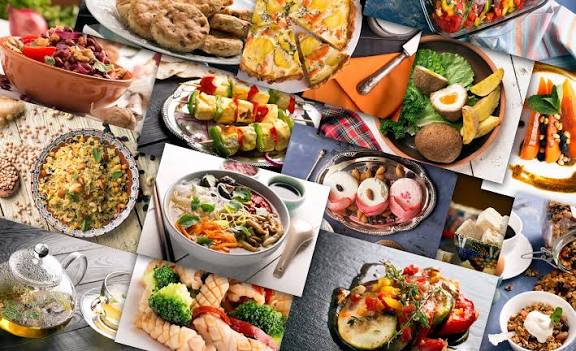Here are 3 Nigerian-owned restaurants abroad that are bringing authentic flavours to international tables.Nigerian cuisine is finding its place on tables across New York, London and Toronto, carried by chefs and entrepreneurs in the diaspora. Each restaurant tells a story through its menu, blending recipes passed down through generations with contemporary twists that appeal to a global audience.
Walking into these spaces, you encounter familiar flavours, aromas and rhythms that reflect home. The food connects communities, sparks conversation and celebrates culture. For Africans living abroad and those discovering the cuisine for the first time, these restaurants are vibrant hubs where heritage, creativity and culinary skill meet, offering an experience that lingers long after the last bite.

Here are 3 Nigerian-owned restaurants abroad that are bringing authentic flavours to international tables.

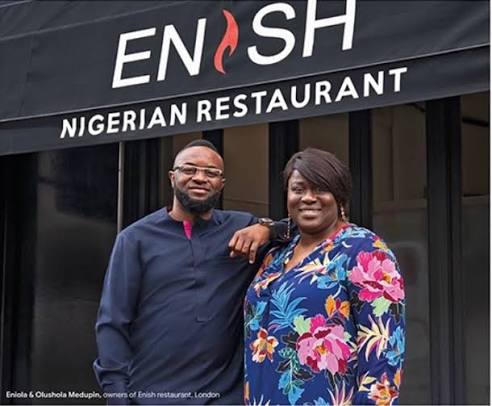
Enish
Enish was founded by Olushola “Shola” Medupin and his wife, Eniola, with the name Enish formed by blending their first names. The chain began in London in 2013 and has since expanded to ten branches in London, one in Manchester, and one in Dubai. Today, Enish is the biggest Nigerian restaurant chain in the world, offering classic dishes such as jollof rice, egusi soup, and pepper soup, all prepared by chefs who uphold traditional cooking methods.
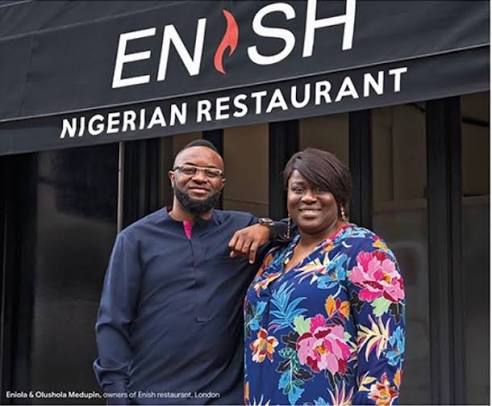
Enish operates as both a restaurant and a lounge, hosting live performances, Afrobeat nights, and themed events that combine dining with entertainment. The founders’ goal was to create a space where authentic Nigerian cuisine meets a modern, welcoming atmosphere, and the chain’s steady expansion demonstrates the success of that vision.
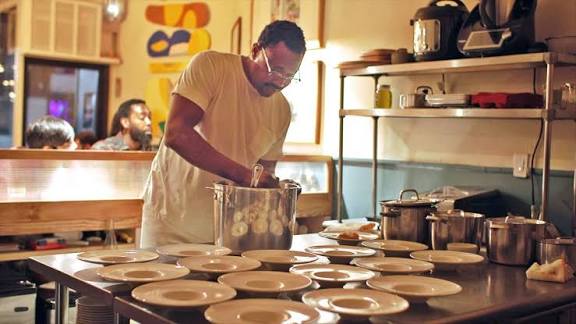
Dept of Culture
Chef and restaurateur Ayo Balogun founded Dept of Culture, a 16-seat, reservation-only dining room in Bed-Stuy, Brooklyn. From day one, Balogun’s goal was simple: to serve the food from his culture with the same dignity and grace that his family showed him growing up.
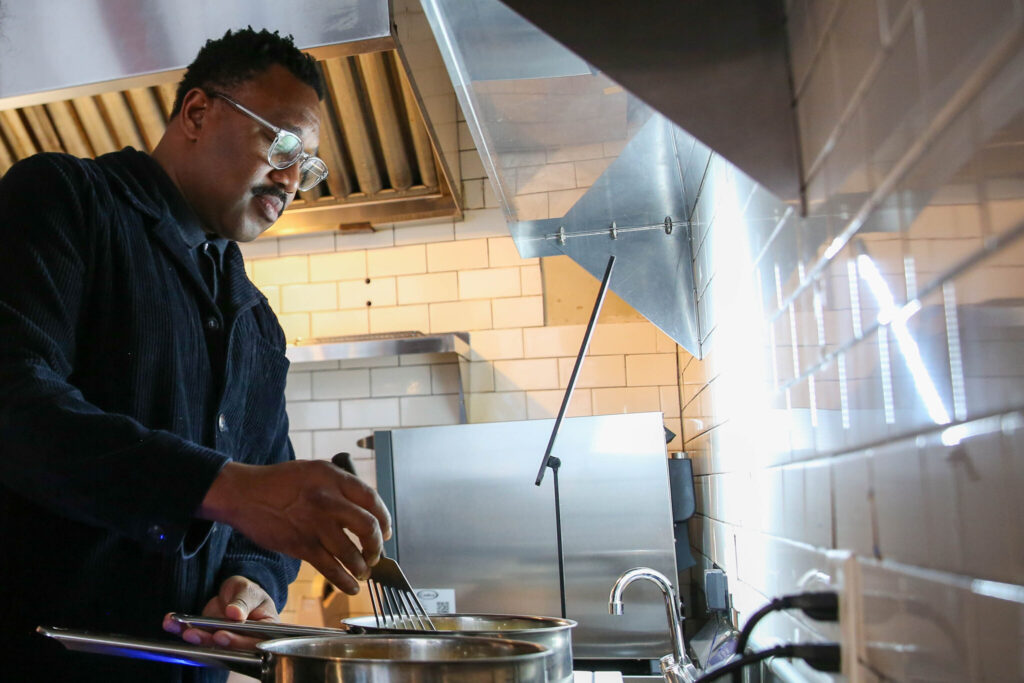
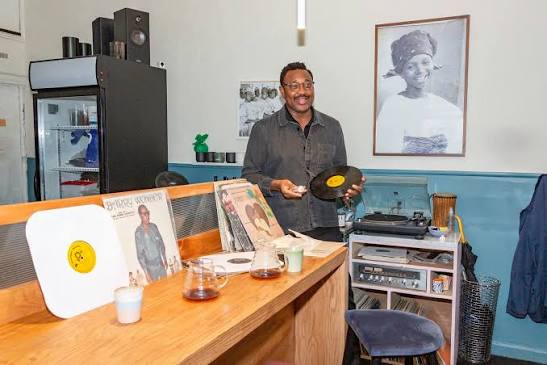
The restaurant offers a tasting menu inspired by traditional cuisine from Balogun’s home state of Kwara in Nigeria, and include fish pepper soup with cilantro ashoké, goat meat pepper soup, egusi stew with pounded yam, suya made from mushrooms, wara ti abe, okele, and dodo ice cream. The space is designed to feel like a traditional buka blended with communal dining, featuring a single large wooden table, a counter with four stools, a record player, and family photographs on the wall. Hosting just 16 people a night, it is consistently booked for months in advance.
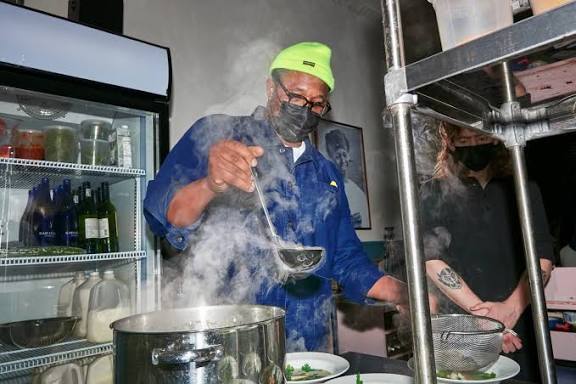
Balogun believes that while the dishes may not always be familiar to everyone, the experience of sharing food is something all cultures have in common.
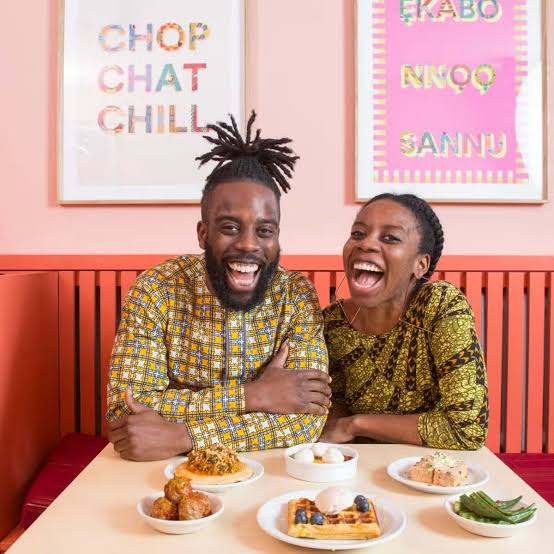
Chuku’s
Chuku’s was founded by Nigerian siblings Emeka and Ifeyinwa Frederick, bringing a fresh concept to London as the city’s first Nigerian “tapas” restaurant. The idea focuses on small plates, shared dining, and social tables, combining traditional Nigerian fare with modern presentation to appeal to both Africans and non-Africans. The menu is inclusive, offering meat, vegan, gluten-free, and halal options.


Signature dishes include Egusi Bowls, Sinasir, and Miyan Taushe. Sinasir is a gluten-free pancake traditionally made with sticky short-grain rice called shinkafa, but at Chuku’s, jasmine rice is used to achieve the same texture. Other favourites include Moi Moi, chicken Ata Din Din, dodo, and suya meatballs.

Chuku’s is located in Tottenham, London, and has quickly become a go-to spot for sharing authentic Nigerian flavours in a modern, social setting.



